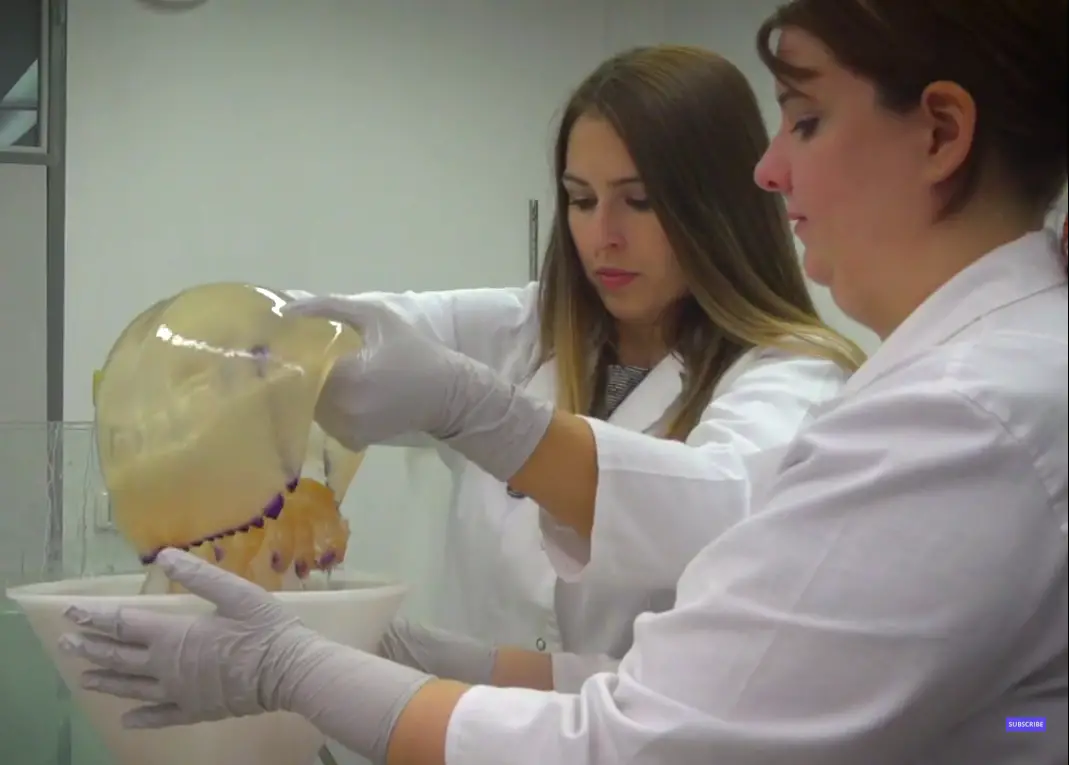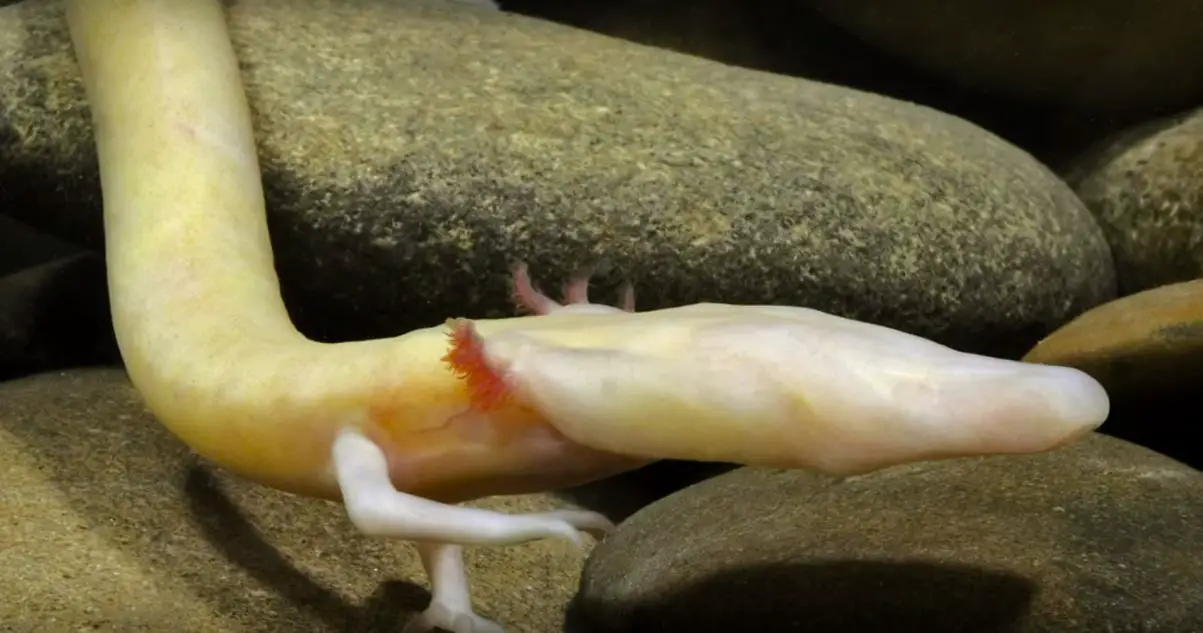The news that Slovenia is #21 on Bloomberg’s 2020 Innovation Index, with its rise over the last 12 months due to strong patent performance, is a reminder that there’s a lot more to the country than tourism and cultural heritage. Perhaps to the surprise of visitors who only make it to Bled and Ljubljana Old Town, Slovenia is a modern country with a broad-based economy, its position strengthened by the many research projects its scientists are involved in.
In case you missed them the first time round, here’s a brief review of some of the developments and discoveries we’ve noted on TSN over the last year or so.

Source: YouTube
Renewable energy, better batteries and cleaner oceans
A Slovene team has developed a tandem solar cell that transforms solar energy into electricity in the most efficient manner seen to date, an important step towards photovoltaics becoming more competitive in power production.
The move to renewable energy will require new kinds of devices to store the power produced, and, Slovenian researchers are working on batteries that could end the need to mine certain minerals outside of Europe, as well as on aluminium batteries that have a greater capacity that current ones, and also contain less damaging and more readily available materials.
However, no matter what developments there are in terms of renewables, climate change is already having an impact on the environment. One sign of this is the proliferation of jellyfish blooms in the Adriatic and elsewhere. Such infestations are inspiring researchers to look for new ways to use an oversupply of jellyfish – as food, as fertilizer, and, in Slovene/Israeli project, as a way to remove microplastics from the oceans. To achieve this the project is developing a filter that makes use of jellyfish mucus to trap the tiny pieces of pollution.

AI, quantum computers and a new form of matter
Of course, the future will be dominated by computers that are becoming ever faster, smaller and smarter, and here Slovenia also plays a part. For one, UNESCO is sponsoring a global AI research centre that will be based in Ljubljana. For another the Jožef Stefan Institute (JSI - Institut "Jozef Stefan”) and a team from Switzerland have confirmed the existence of two kinds of atypical anyon quasiparticles in a special kind of quantum magnet, Ruthenium(III) chloride – said to be a key step towards the creation of a topological quantum computer. The JSI is the country’s leading research centre, and last year researchers working there discovered an entirely new kind of matter based on “electron jamming”, one that as yet cannot be understood with existing physics.

Source: Wikimedia Doc James CC-by-SA-4.0
Ketamine, stem cells and gene-editing
Turning to the life sciences, researchers at the Ljubljana Faculty of Medicine, the biomedical centre Celica and the National Institute of Chemistry, discovered a new molecular mechanism of action in ketamine that has potential for the development of fast-acting antidepressants. While a team involving Slovenians also published a ground-breaking cell differentiation paper that could help revolutionise personalised regenerative medicine and the use of stem cells. Another cutting edge cell technology is the CRISPR gene-editing technique, with researchers at the JSI working on new applications for this.
Source: YouTube
The mysteries of the human fish, dolphin and honey bee
Another medical discovery, one that draws on one of the country’s most famous animals, is the decoding of the olm’s genome, with this creature perhaps better known as the “human fish” or proteus. Among the olm’s remarkable attributes are the ability to live up to 100 years, to survive (and thrive) for long periods without food, to overeat with damage to its organs, and regenerate lost limbs.
Moving from the karst to the coast, a team based in Piran watched the dolphins in the bay and learned that they share the area based on time, not space. Finally, the humble bumble bee, one of the world’s most important pollinators and another icon of Slovenia (in the form of the Carniolan Grey), has also attracted the attention of the Jožef Stefan Institute. A team there has applied machine learning to help understand the sounds the bees make, and the importance of temperature for their colonies.
You can find more discoveries, inventions and achievements in our section Made in Slovenia.








